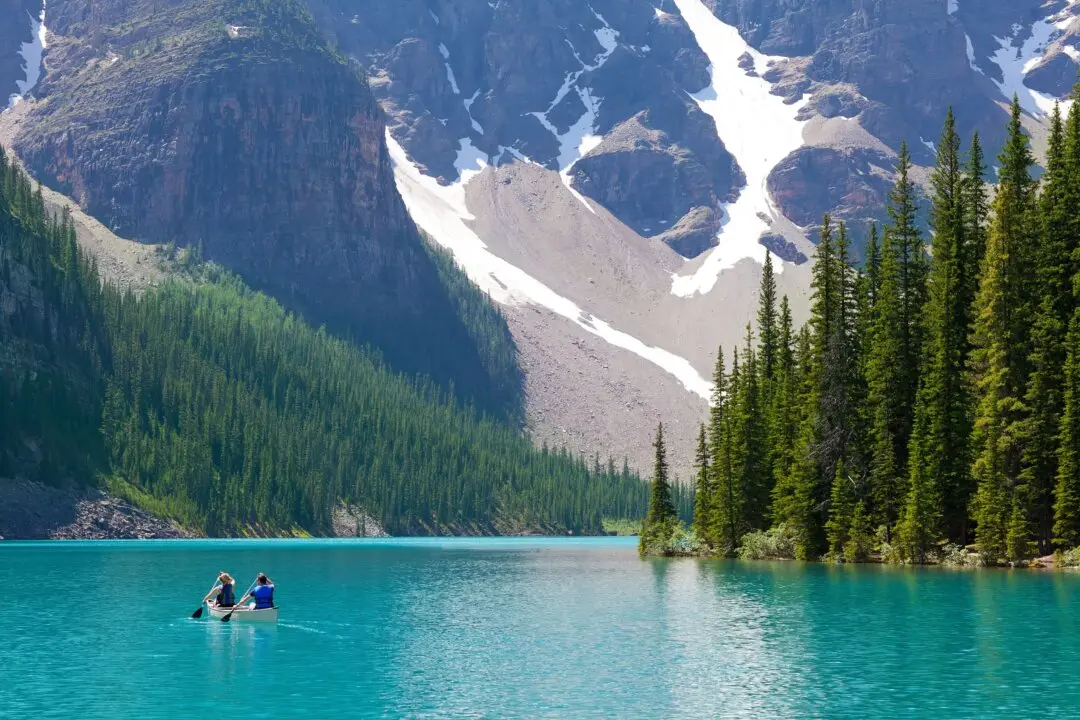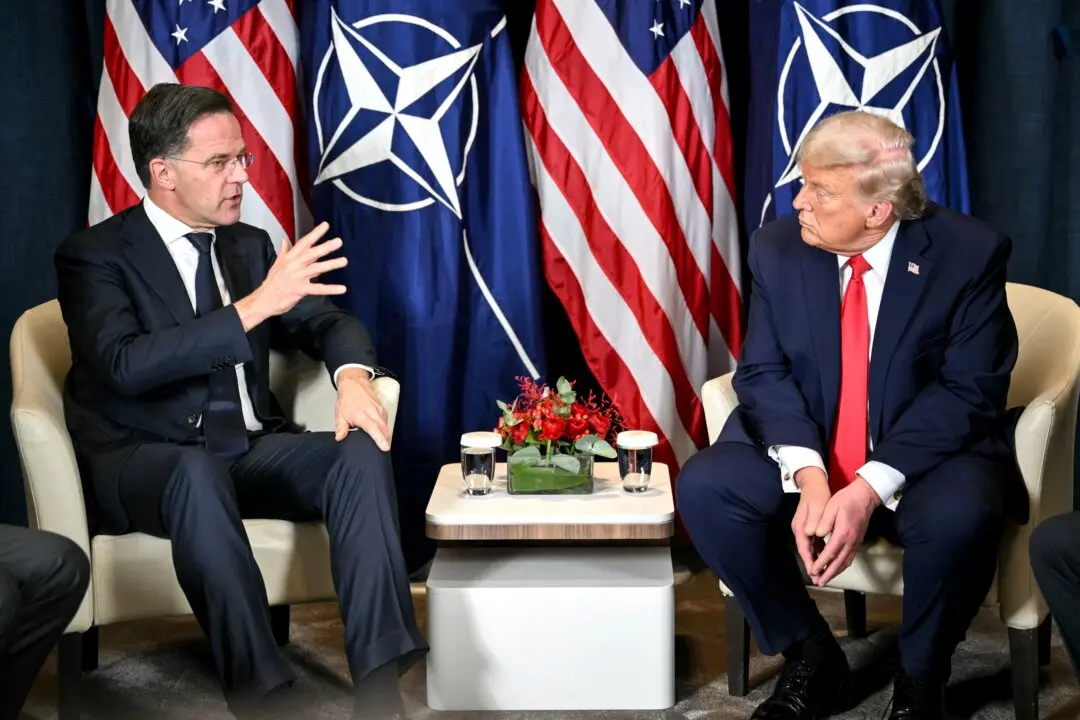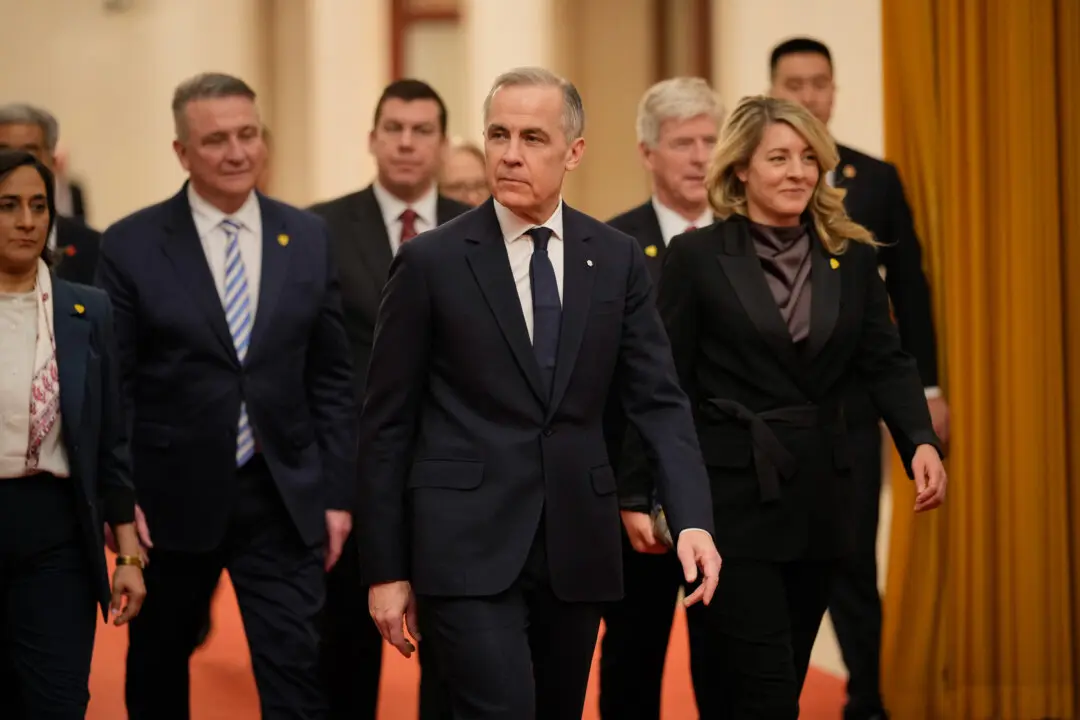Commentary
The recent rather cavalier comments by Donald Trump that Canada should simply throw in the towel as an independent country because it doesn’t really pay for its own defence and outgoing Prime Minister Justin Trudeau allegedly telling him that the imposition of 25 percent tariffs on exports to the United States would destroy our economy has been a primary topic of discussion.





